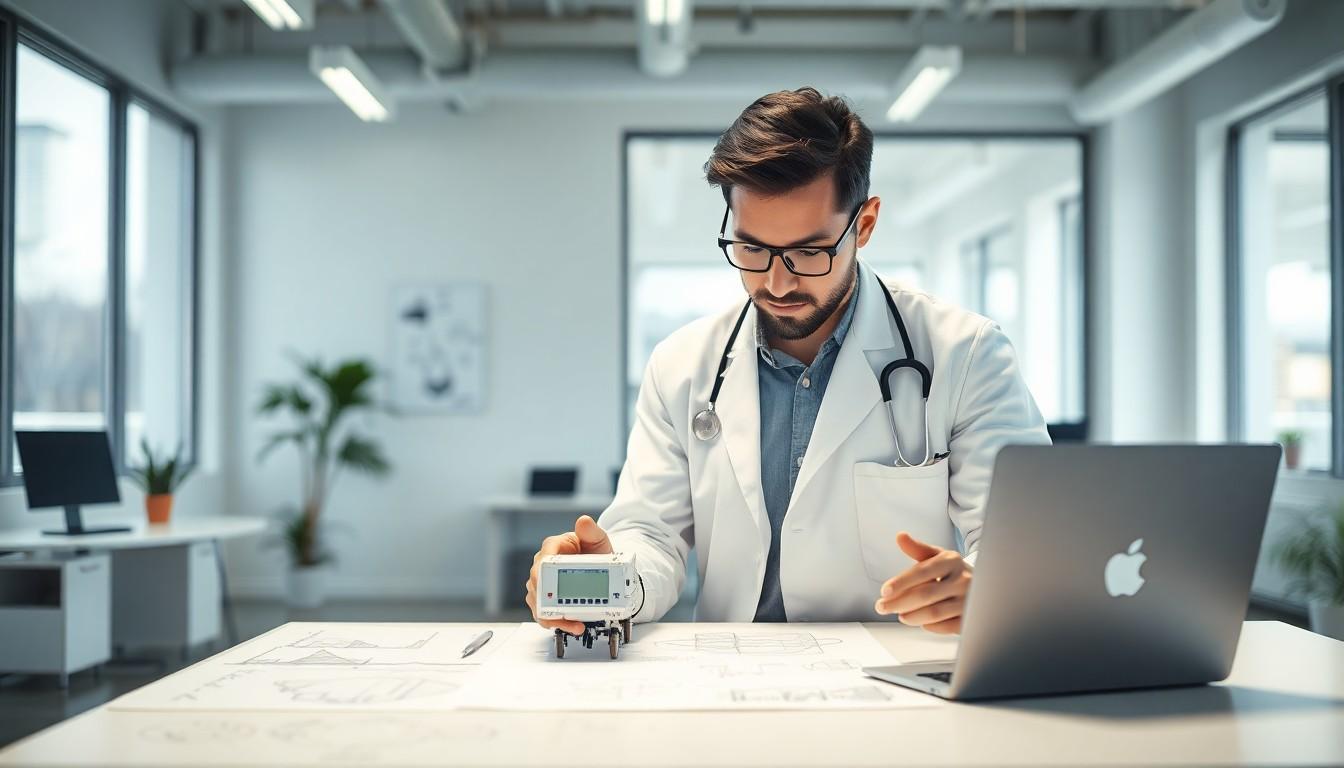In a world where innovation meets healthcare, medical device startups are the superheroes we didn’t know we needed. They’re the brainy folks crafting gadgets that can save lives, ease pain, and make doctors look good—all while navigating the wild, wild west of regulations and funding. Think of them as the MacGyvers of medicine, pulling off miracles with a few wires and a dash of creativity.
As technology leaps forward, these startups are at the forefront, turning wild ideas into life-saving realities. Whether it’s a wearable that tracks your health like a nosy grandma or a robotic arm that could outsmart your average human, the potential is limitless. Dive into the fascinating world of medical device startups, where every invention might just be the next big thing in healthcare.
Medical Device Startups
Medical device startups are pivotal in driving innovation within the healthcare sector. By developing cutting-edge technologies, they address pressing medical challenges effectively.
Definition and Importance
Medical device startups are companies focused on creating innovative devices and solutions for healthcare needs. Their development ranges from wearables for continuous health monitoring to sophisticated surgical instruments. These startups play a critical role in enhancing patient care and improving healthcare outcomes. The ability to introduce novel solutions encourages competition and fosters advancements across the industry. Moreover, they often operate on limited resources, demonstrating resilience in overcoming financial constraints and regulatory hurdles.
Trends in the Market
Current trends in the medical device market reflect a shift towards personalized healthcare solutions. Growth in telemedicine and remote monitoring has surged, driven by increased consumer demand for accessible healthcare. Advances in artificial intelligence and machine learning are revolutionizing device functionalities, allowing for smarter and more adaptive applications. Wearable technology is gaining prominence, with devices tracking vital signs and health metrics more seamlessly. Sustainability is emerging as a key focus, pushing startups to develop eco-friendly materials and processes. The global market for medical devices is projected to reach approximately $600 billion by 2024, highlighting expansive opportunities for innovation.
Challenges Faced by Startups

Medical device startups encounter significant obstacles that can impede their growth. Awareness of these challenges is crucial for navigating the landscape successfully.
Regulatory Hurdles
Navigating regulatory requirements poses a major challenge for startups in the medical device sector. The FDA and other regulatory bodies enforce strict guidelines that ensure patient safety and device efficacy. Startups must often invest time and resources into compliance. These processes can involve lengthy reviews and repeated testing. Gaining approval sometimes takes years, which delays product launches and potential revenues. Developers also face varying regulations across different countries, complicating international market entry.
Funding and Investment Issues
Securing adequate funding stands out as another formidable challenge. Startups often rely on venture capital, angel investors, or grants to fuel their innovations. Many investors are cautious given the high-risk nature of the medical device industry. Fundraising can become particularly challenging during economic downturns. Startups also need to demonstrate a clear path to profitability, which isn’t always easy in a rapidly evolving marketplace. Navigating these funding challenges becomes essential for sustainability and growth.
Key Success Factors

Medical device startups thrive by leveraging essential success factors that drive innovation and operational efficiency.
Creativity fuels the development of cutting-edge technologies. Startups must focus on breakthroughs that meet critical needs in healthcare. Investment in research and development often leads to new products, whether wearables for health monitoring or advanced surgical tools. Adopting the latest technologies enhances product capabilities and offers competitive advantages. Integration of artificial intelligence and data analytics improves device functionality and user experience. Emphasizing interoperability with existing healthcare systems can streamline adoption. Prioritizing user-friendly designs helps ensure greater acceptance among patients and healthcare professionals.
Team Composition and Expertise
Diverse expertise within the team strengthens a startup’s position in the market. Having specialists from engineering, medicine, and regulatory affairs facilitates comprehensive product development. Solid leadership drives strategic direction and fosters innovation. Collaboration between team members promotes knowledge sharing and enhances problem-solving capabilities. Mentorship from experienced professionals can guide effective decision-making. Building a network of advisors supports fundraising and regulatory navigation. Continuous professional development ensures the team stays abreast of industry trends and best practices essential for success in the medical device landscape.
Case Studies of Successful Medical Device Startups
Medical device startups are demonstrating remarkable potential in transforming healthcare. Two notable examples showcase their innovative approaches and impactful solutions.
Company A: Journey and Impact
Company A developed a cutting-edge wearable device that continuously monitors vital signs. Established in 2015, it faced initial regulatory hurdles, requiring extensive testing for FDA approval. Once it achieved certification, the device gained rapid adoption among healthcare providers. Its real-time data capabilities significantly improved patient monitoring in hospitals. Enhanced decision-making resulted from actionable insights, positively affecting patient outcomes.
Company B: Lessons Learned
Company B focused on creating advanced surgical instruments that leverage artificial intelligence. Starting in 2018, this startup encountered challenges in securing funding amidst economic instability. By refining its pitch to highlight unique technology and market demand, it attracted vital investment. Regulatory compliance remained a priority, leading to successful approvals. Lessons learned emphasize the importance of clear communication with investors and the value of agile product development in addressing market needs.
Future of Medical Device Startups
Medical device startups stand at the forefront of healthcare innovation. They harness new technologies to improve patient care and health outcomes.
Emerging Technologies
Artificial intelligence plays a vital role in transforming device functionalities. Startups are integrating machine learning algorithms to enable predictive analytics and enhance decision-making. Wearable devices are gaining traction, offering continuous health monitoring solutions that empower patients. Robotics and automation in surgical instruments increase precision and efficiency, minimizing recovery time. Innovations in telemedicine also allow for remote patient management, significantly expanding access to care. These advancements position medical device startups as key players in an evolving industry focused on improved health delivery.
Market Opportunities
The projected $600 billion medical device market presents vast potential for startups. Personalized healthcare solutions cater to a growing demand for tailored medical services. Investors are increasingly recognizing the importance of sustainability, seeking out eco-friendly innovations. Regulatory compliance also drives market segmentation, creating niches for startups that successfully navigate these challenges. As telehealth resources expand, opportunities arise for devices that facilitate remote diagnostics and monitoring. Targeting unmet needs in the healthcare landscape presents startups with numerous avenues for growth and success.
Medical device startups are reshaping the healthcare landscape with their innovative solutions and technologies. As they tackle significant challenges like regulatory compliance and funding, their potential to enhance patient care remains undeniable. The shift towards personalized healthcare and the integration of advanced technologies position these startups as key players in the industry.
With a projected market growth to $600 billion, the future looks promising. Their ability to adapt and innovate will be crucial in addressing evolving healthcare needs. As they continue to break barriers and develop cutting-edge devices, these startups are set to make a lasting impact on the way healthcare is delivered and experienced.

